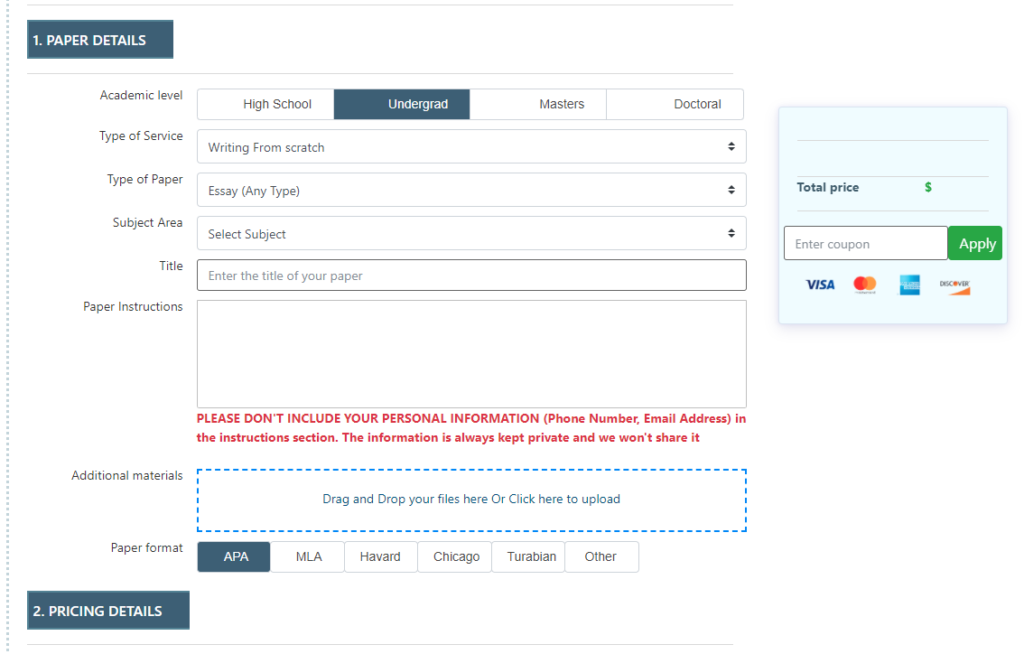Scenario: The given case scenario is to be used across all the learning outcomes and assessment criteria.
ABC Care Home is situated in London and caters to care needs of vulnerable people. The service users come from diverse ethnic and religious background and have varied physical and medical needs. (You may choose the category of service users you work with).
You have recently been appointed as Manager in ABC care home. During the first formal meeting with the Board of Directors you were informed about the various problems at ABC care home and the recent visit of the CQC. There are various complains from the residents and families about the quality of care, staff errors due to insufficient knowledge or application of clinical-care standards and protocols, lack of guideline and inadequate supervision that compromised the safety and efficiency of care.
There are allegations of poor care and mistreatment of the elderly residents for example underfeeding of the residents, left soiled in their beds and unexplained bruising. There have also been some cases of stealing cash from the residents and a case worker was suspended over allegations that he had mistreated the residents. There has been some cases where residents were given wrong doses of medication, and in one case staff falsified medical records after reaslising a patient had been overdosed and shreIDed the evidence.
CQC recently published the findings following an inspection of services provided at ABC Care Home Ltd and the report was discussed in Board meeting.
CQC report states:
After considering a range of evidence inspectors conclude that the registered provider, ABC Care Home Ltd, had failed to ensure that people living in the Care Home were adequately protected from risk, including the risks of unsafe practices by its own staff.
The report concludes that there was a systemic failure to protect people or to investigate allegations of abuse. The provider had failed in its legal duty to notify the Care Quality Commission of serious incidents including injuries to patients or occasions when they had gone missing.
Inspectors said that staff did not appear to understand the needs of the people in their care, adults with learning disabilities, complex needs and challenging behaviour. People who had no background in care services had been recruited, references were not always checked and staff were not trained or supervised properly. Some staff were too ready to use methods of restraint without considering alternatives.
Inspectors who visited ABC Care Home considered taking urgent action to close the center, but decided that it was in the best interests of the patients to allow NHS and local authority commissioners further time to find alternative placements.
CQC ensured that there would be an immediate stop on admissions and that extra staff would be brought in to protect patients until they could be moved.
The report which is published today finds that ABC Care Home Ltd was not compliant with 10 of the essential standards which the law requires providers must meet. CQC’s findings can be found below.
· The managers did not ensure that major incidents were reported to the Care Quality Commission as required.
· Planning and delivery of care did not meet people’s individual needs.
· They did not have robust systems to assess and monitor the quality of services.
· They did not identify, and manage, risks relating to the health, welfare and safety of patients.
· They had not responded to or considered complaints and views of people about the service.
· Investigations into the conduct of staff were not robust and had not safeguarded people.
· They did not take reasonable steps to identify the possibility of abuse and prevent it before it occurred.
· They did not respond appropriately to allegations of abuse.
· They did not have arrangements in place to protect the people against unlawful or excessive use of restraint.
· They did not operate effective recruitment procedures or take appropriate steps in relation to persons who were not fit to work in care settings.
· They failed in their responsibilities to provide appropriate training and supervision to staff.
As a newly appointed manager, you are required to refer to the above report and answer the following:
1. Explain how principles of support are applied to ensure that service users are cared for in ABC care home.
2. Outlines the procedures that are adopted in ABC care home for protecting clients and colleagues from harm.
3. Analyse the benefit of following a person-centred approach with the service users of ABC care home.
4. Explain any ethical dilemmas and conflict that may have arisen when providing care, support and protection to the elderly clients in ABC care home. (For example)
Ethical Dilemma: One of the given scenario of Mrs Y and Mrs Z need to be used to asnswer 4
Scenario 1 ABC Care Home: Mrs Y
Mrs Y is her late 70s and has Alzheimer’s. She used to be a very active individual and had a love for dancing. Nowadays she has difficulty walking and spends a lot of time in her room where she is supported by care workers. She used to be a dance teacher as well and many visitors who come to see her are her ex-pupils.
One of these visitors, Susan, notices that Mrs Y is somewhat distressed. Susan asks her what is wrong and Mrs Y is unable to tell her. It is then that Susan notices some bruises on Mrs Y’s legs. She asks one of the care workers what had happened. The staff member tells Susan that normally when Mrs Y is moved from her bed to a chair in the sitting room a wheelchair is used and that normally transit straps are used to stop Mrs Y from falling. The worker says that Mrs Y doesn’t like the straps and earlier in the day she had refused to allow the straps to be used. Unfortunately, when being moved Mrs Y had a slight tumble and had bruised herself as a result.
Susan tells the care worker that it is in Mrs Y’s own best interest to have the straps on while being moved, even if she does not want them. Susan gets the distinct impression that as she is not Mrs Y’s relative she is not being listened to.
The potential human rights at stake here are:
· Article 3 – Mrs Y may feel that the straps are degrading. However, not using the straps and causing injury could also be ill treatment if sufficiently serious. It is unlikely that these measures will meet the threshold of seriousness required for Article 3
· Article 8 may also be applied as it covers the right to well-being through retaining autonomy, choice and dignity.
Scenario 2 ABC Care Home: Mrs. Z
Mrs Z has mild learning disabilities who lives in ABC care home. She is the youngest resident by a considerable age and is certainly the fittest and most mobile. She has been placed there because there was no other provision for her support.
Mrs Z has a history of starting fires. She loves the bright colours of the flames. She calls fire the ‘dancing lights.’ Although this has not occurred for over three years now, care home staff are instructed by her psychiatrist to routinely carry out a search on her each time Mrs Z returned after being out unsupervised, to ensure she did not have matches or a lighter with her.
Mrs Z is increasingly annoyed at having to endure the intrusion of a personal search every time she comes back to the home and her family complains to the manager and staff on her behalf. Their justification is that they are not only following medical advice but that their actions are primarily for the protection of other residents to whom they have a duty of care to ensure that Mrs Z does not increase the risk of a fire starting in the home. The manager also suggests that Mrs Z might not be allowed out at all if she does not consent to the search upon her return.
Mrs Z has a mild learning disability and it seems she is capable of being involved in decisions about her. However, decisions have been made without involving her and without her views being taken into account.
Mrs Z is being searched every time she enters the care home which she finds to be an invasion on her privacy rights.
The potential human rights at stake here are:
· Article 8 – the searches undermine Mrs Z’s privacy
· Article 2 – the purpose of the searches is to protect the right to life of the care home residents








